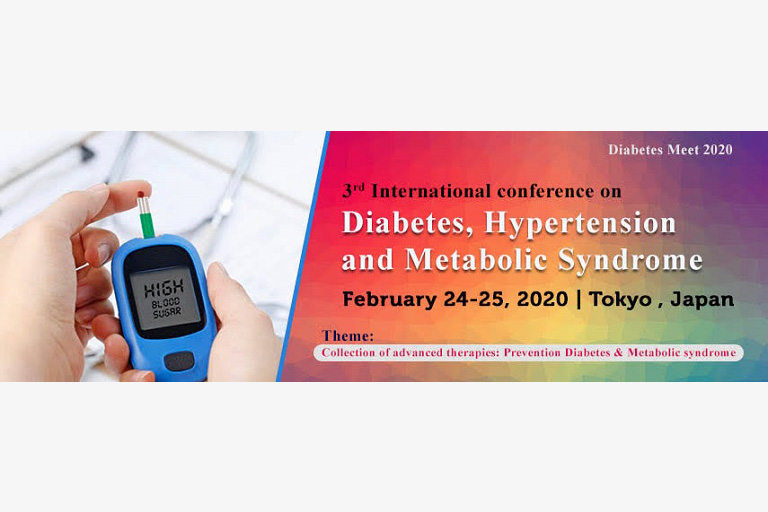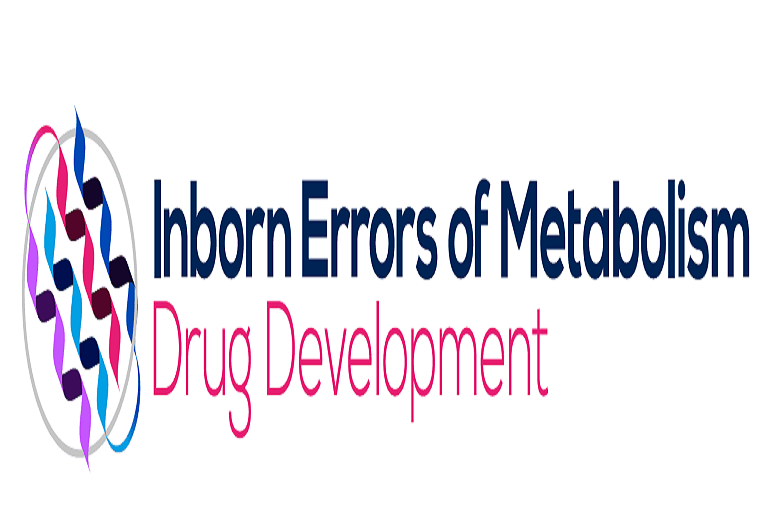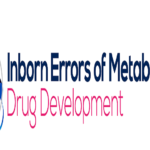To win the respect of healthcare workers, software must address true pain points. In too many cases, electronic health record systems aren’t living up to the promise.
Someday I hope to have an Electronic Health Records (EHR) system I can believe in — one that helps me practice medicine better.
When doctors express dissatisfaction with the software they use, it’s not because of an aversion to technology or resistance to change. Medicine has been on the cutting edge of technology for years. There are journals full of ongoing research that regularly change the way we care for patients. I treat many conditions differently now than I did when I graduated from medical school 15 years ago. We now use robots, lasers, and endoscopes in surgery. We use better imaging tools, different ventilators and ventilator techniques, new monitoring systems, new devices, more efficient testing methodologies, different medications, and so on.
We doctors love learning more and getting better at what we do. We thrive on technology — sometimes to a fault in that we don’t always know when to apply it and we spend more than we should on conditions that might be better left alone.
Some technologies work well and some don’t. We applaud and rapidly implement new technology that solves problems and improves patient care. This includes new workflows and approaches to care.
The complexity of modern medicine has created a greater need for collaboration. As people live longer, survive critical illnesses, and develop chronic conditions, their care becomes more complex and dependent on specialists and technology. No longer can a single family doctor provide all the care needed; different experts care for different problems.
The need for collaborative care has developed as more providers get involved in an individual’s care. This doesn’t mean that we have always needed to collaborate but were unwilling to; it means that modern medicine has fragmented care between caregivers in order to provide the most up-to-date treatments. Communication is now imperative in order to avoid errors and duplication, and to control costs.
[Why are some doctors happy with their EHR software while others hate it? Read Doctors And EHR: Can This Shotgun Marriage Be Saved?]
EHRs have been touted as the cure for poor coordination of care and a way to improve outcomes and quality. Allowing access to a patient’s records, using decision support, and analyzing big data should create tremendous benefits. Institutions that used technology to create systems and processes with these goals in mind have seen these benefits. Based on their successes, policymakers decided that technology — rather than the things technology was doing — was the answer, and these policymakers enacted incentives to encourage EHR adoption.
The problem is that EHRs are not the solution. They are a means to the solution. Good care occurs when data from all sources is available in understandable formats at the point of care. Good care occurs when data is available for analysis. Good care occurs when reminders and decision support are robust. Good care occurs when data entry doesn’t distract from good communication with the patient. Good care occurs when data entry isn’t overly cumbersome and time-consuming (providers will take shortcuts if it is). Good care occurs when referrals can be tracked and providers can work as a team.
Electronic systems can make all this happen if they’re done right. Electronic systems can also make being a good and efficient doctor very challenging if done wrong.
Many of the healthcare organizations that have implemented EHR systems effectively are blessed with teams of developers that can adapt products’ functionality to fit their needs. But many others are not so lucky. Those of us in that situation must adapt to inadequate systems, awkward workflows, and cumbersome interfaces.
Doctors complain about EHRs not because the systems are new and different, but because EHRs aren’t solving their problems and may even be creating new ones: Disparate systems don’t communicate, for example, or records are littered with data, obscuring pertinent information. Collaboration has not improved. Data entry has been given back to doctors, forcing them to spend hours typing. Encounters with patients have become more impersonal and more about filling in data fields than listening and understanding patients. It takes more time to do their job. Workflow is disrupted, slowing care and creating new risks.
Most industries adopt technology when it adds value. The automotive industry uses robots to build cars not because robots exist, but because they are more efficient and consistent. We use smartphones because they let us to do things we want to do efficiently and conveniently. EHR wasn’t adopted by healthcare — it was incentivized, or rather, mandated by threat of penalties.
EHRs were pushed into the healthcare industry before they were mature enough to solve the problems healthcare workers face. The products were still evolving when Meaningful Use requirements forced the industry to adopt them. As a result, we have delayed their natural evolution by pushing products that perform poorly, fragment care, create vendor lock-in, and in some cases make it harder to accomplish the goals they are designed to achieve. Doctors and hospitals have become unwilling partners in an arranged marriage, with no option for divorce.
The good news is that EHRs are improving, and I believe that one day they will transform the way we provide healthcare. The technology has potential to allow greater collaboration and more consistent quality of care. When EHRs get to that point, providers will wonder how they ever practiced medicine without them. But until then, many doctors and other healthcare professionals — myself included — are stuck paying vendors to beta-test their products while they work to improve them, with no significant benefit to the practice of medicine.
InformationWeek 2014 Healthcare IT Priorities Survey: Healthcare providers are under pressure from Meaningful Use Stage 2, ICD-10 implementation, and the transition to new population health/accountable care business models, all of which have big impacts on information technology needs. We’d like to know how your organization is responding. Take the InformationWeek 2014 Healthcare IT Priorities Survey today and be eligible to win a great prize. Survey ends Feb. 14.
David M. Denton is a board-certified pediatrician and member of the American Academy of Pediatrics. He is a partner of the Pocatello Children’s Clinic in Pocatello, Idaho, and is affiliated with Portneuf Medical Center where he currently serves as the medical staff … View Full Bio














































